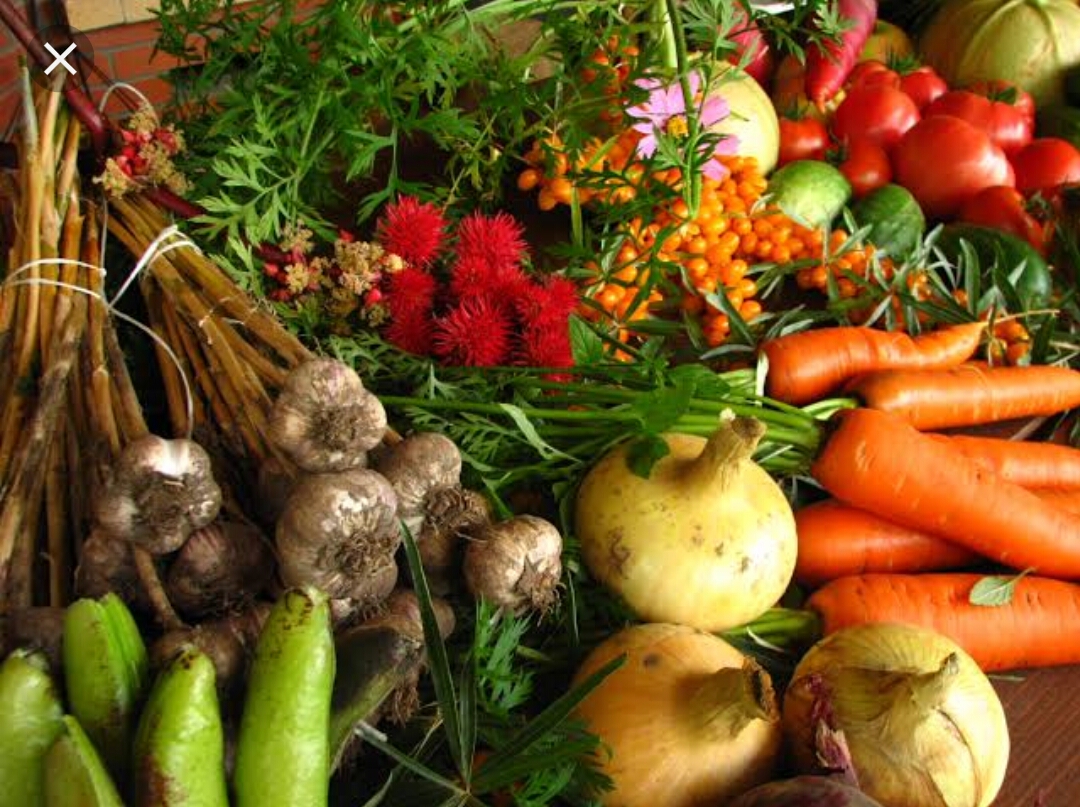- Mon - Sat
08:00am - 08:00pm


Glycogen is the main source of energy which is used by the muscles to undertake both aerobic and anaerobic exercise. With low glycogen stores you will constantly feel tired, & one may be more prone to injury & illness.
Eating a balanced diet is another key to sports nutrition.
The nutrients are:
The number of calories the body consume in a day is different for every person depending on the height weight and age activity level. Main factors involved in calculating how many calories your body needs per day:
Men require more calories per day than women. Younger people need to consume more calories each day than older people. Pregnant or lactating women need a higher calorie intake. Most people will lose weight when consuming around 1500 calories per day.
Carbohydrate should provide about 50% of your daily calories
The most important fuel source, carbohydrates are found in fruits, vegetables, pastas, breads, cereals, rice, and other foods.
In our body carbohydrates from sugar and starch are converted to energy which gives you power for high-intensity, short-duration activities.
After whole of carbohydrate consumption during exercise, consumption of fat and protein start taking place after repeated high-intensity, short-duration exercises, or in multi events or training session in a single day.
Proteins should provide approximately 30% of your daily calories. Proteins are found in meat, fish, poultry, eggs, beans, nuts, dairy products, legumes and other foods.
Proteins give your body power to build new tissues and fluids, among other functions. Your body cannot store extra protein, so it burns it for energy or converts it to fat. The amount of protein an athlete needs depends on level of fitness; exercise type, intensity, and duration.
Physically active people need more protein compared to those who don’t exercise. You also need more protein when you start exercise program.
Athletes often burn protein for fuel, as do body builders and other athletes who perform intense, strength-building activities.
Your body burns more protein if you don’t consume enough calories to maintain body weight which usually seen in people who eat too less or do exercise too much.
Fats should provide no more than about 20% to 30% of daily calories.
Saturated fats come from animal-based foods, such as meats, eggs, milk, and cheese.
Unsaturated fats are found in vegetable products, such corn oil. Your body needs small amounts of fat for certain critical functions and as alternative energy source to glucose.
| Unsaturated | Saturated |
|---|---|
| sunflower | Beef |
| Olive Oil | Bacon |
| Rice Oil | Cheese |
| Nuts | Butter |
| Rapeseed Oil | Biscuits |
| Oily fish – Sardines |
General guidelines for athletes during athlete events:
calcium is a naturally occurring mineral that is needed by the body to build and maintain strong bones and teeth as calcium is not produced in the body it should be consumed from the person dietary intake.
Throughout life, bones go through a process known as remodeling, in which small amount of old bone are removed and new bone is formed in its place. After 40 years of age more bone is lost than gained.
Women are vulnerable to the osteoporosis as Bone loss accelerates after menopause, which develops slowly over many years.
Calcium can be obtained from a variety of food, Milk and dairy products are the biggest source of calcium. Green leafy vegetables are other source of calcium. Therefore eating a balanced diet with a variety of foods is very important.
| Calcium | |
|---|---|
| Life Stage Group | Recommended Daily Calcium Intake |
| Women and men 9 to 18 years | 1,300 mg |
| Women and men 19 to 50 years | 1,000 mg |
| Women and men 51 to 70 years | 1,200 mg |
| Women and men > 70 years | 1,200 mg |
| Pregnant or nursing women 14 to 18 years | 1,300 mg |
| Pregnant or nursing women 19 to 50 years | 1,000 mg |
Vitamin D**
| Life Stage Group | Recommended Daily Vitamin D Intake |
|---|---|
| Men and women 9 to 50 years with limited sun exposure | 1,300 IU |
| Men and women 51 to 70 years with limited sun exposure | 1,000 IU |
| Men and women >70 with limited sun exposure | 1,300 IU |
Yogurt, whole milk, skim milk, cheese, tofu, almonds kidney beans, ice cream, plain hamburger.